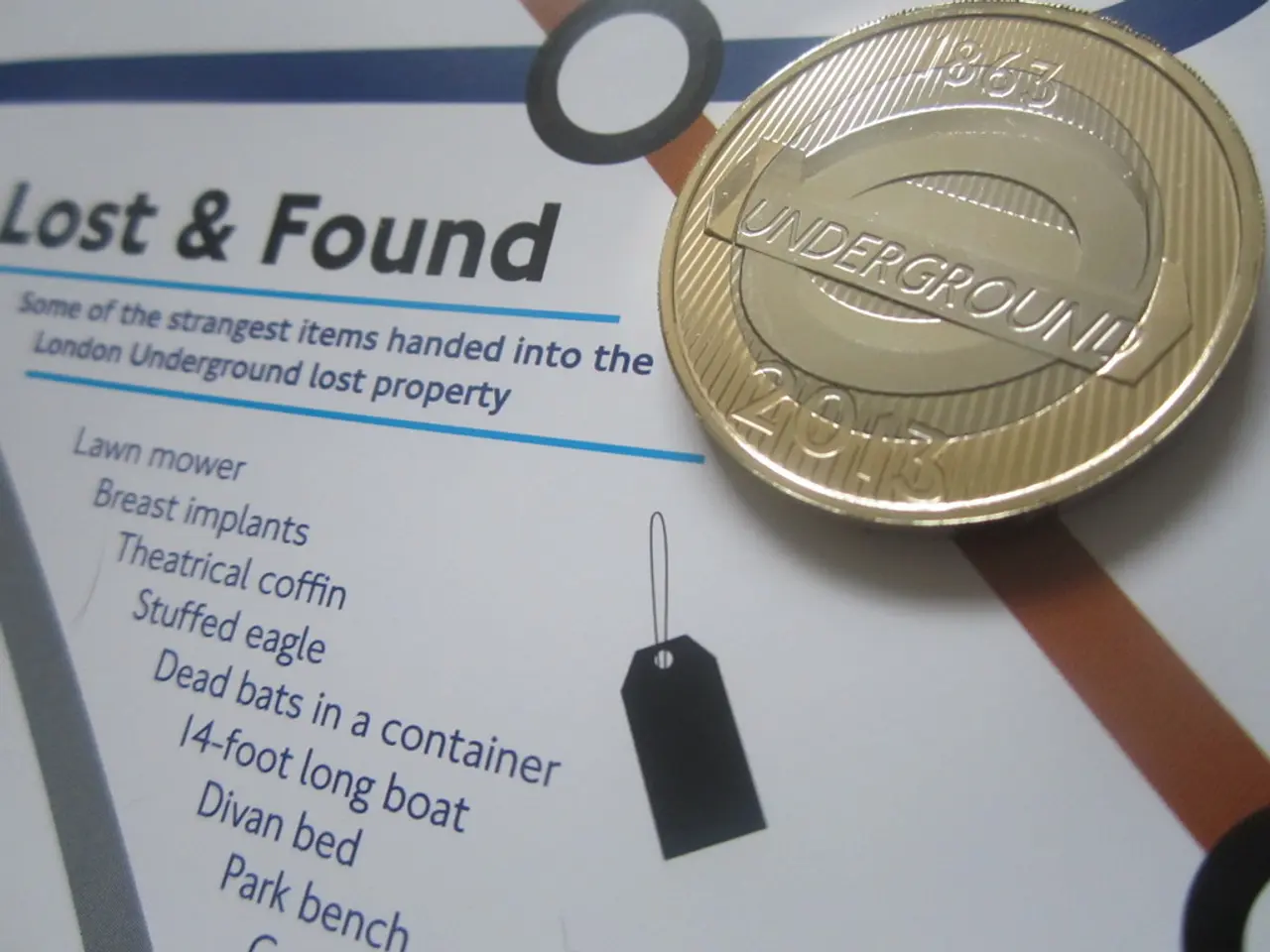Intense scrutiny faced by the proposed digital euro project
The European Central Bank (ECB) is approaching a critical juncture in the design of the digital euro, with key figures within the organisation advocating for a more innovative approach.
Piero Cipollone, the ECB director responsible for the digital euro, anticipates a legal basis for the digital currency to be established by the second quarter of 2026. However, the timeline for its introduction could be delayed until the second half of 2028 or later. Cipollone emphasises the digital euro as a resilient, universally accepted digital payment means, ensuring payment continuity even during major disruptions and crises in the Eurozone.
Joachim Wuermeling, a former Bundesbank board member, sees the ECB at a crucial crossroads. He suggests that the ECB should provide the digital euro as a token for blockchain applications to eliminate the restrictions in the original concept. Furthermore, Wuermeling advocates for a concept that allows companies to hold digital euros, and one that enables central bank money to be used for transactions outside the eurozone.
Peter Bofinger, Wuermeling's interview partner, is critical of the ECB's digital central bank money. He believes it is naive for the ECB to think they can compete with stablecoins using the digital euro. Bofinger's criticism is based on the fact that in its current design, the digital euro can only be held by private individuals, not companies.
The growing popularity of dollar-denominated stablecoins is putting pressure on the ECB. Both Wuermeling and Bofinger expect the ECB to introduce the digital euro, but they urge caution. Wuermeling suggests that the ECB should carefully consider whether to choose a new approach, even in light of the challenges posed by stablecoins.
The preparatory phase for the digital euro is set to end in late October, but the EU process is taking longer. The ECB council members expect a decision to introduce the digital euro, and Cipollone estimates it could take another 2.5 to 3 years for the digital euro to be launched after the legal basis is established.
Despite the challenges, the ECB must deliver on the digital euro, according to Bofinger, given the effort they've already put in. The design of the digital euro will play a significant role in the future of digital payments within the Eurozone and beyond.
Read also:
- Show a modicum of decency, truly
- Latest updates for July 31: Introduction of Ather 450S with expanded battery, unveiling of new Tesla dealership, and additional news
- VinFast's debut EV plant in India, Tata Harrier EV distribution starts, next-gen Mahindra Bolero sightings caught on camera
- Tesla-powered residences in Houston create a buyers' frenzy







